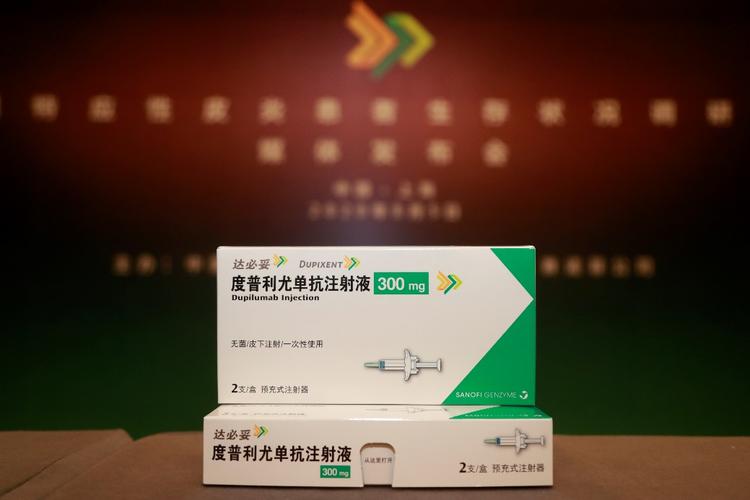French pharmaceutical giant Sanofi has announced that the US Food and Drug Administration (FDA) has accepted for review the supplemental biologics license application (sBLA) for Dupixent (dupilumab). The application seeks to expand the monoclonal antibody’s (mAb) indication to treat adults and pediatric patients aged 12 years and older with chronic spontaneous urticaria (CSU) whose disease is not adequately controlled with H1 antihistamine treatment.
Clinical Program and Refiling Basis
The refiling is supported by the results from the multi-study LIBERTY-CUPID Phase III clinical program, which includes Studies A, B, and C for Dupixent in CSU. Study A and Study C were conducted in CSU patients who were uncontrolled on standard-of-care antihistamines, while Study B focused on CSU patients who were uncontrolled on standard-of-care antihistamines and refractory or intolerant to omalizumab. Study C, the second LIBERTY-CUPID pivotal study in biologic-naïve patients, met its primary and key secondary endpoints, confirming results seen in the previous Study A. The results demonstrated that Dupixent significantly reduced itch and urticaria activity (itch and hives). Safety results in all LIBERTY-CUPID Phase III studies were generally consistent with the known safety profile of Dupixent in its approved indications.
Dupixent’s Mechanism and Global Reach
Dupixent is a human monoclonal antibody that binds to IL-4Rα and inhibits signaling of both IL-4 and IL-13. It is registered in over 60 countries, with indication approvals covering a range of conditions including atopic dermatitis, asthma, chronic sinusitis with nasal polyps (CRSwNP), eosinophilic esophagitis (EoE), nodular prurigo, CSU, chronic obstructive pulmonary disease (COPD), and more. The drug’s potential expansion into the CSU treatment market further underscores its broad therapeutic potential in addressing various immune-mediated diseases.-Fineline Info & Tech
